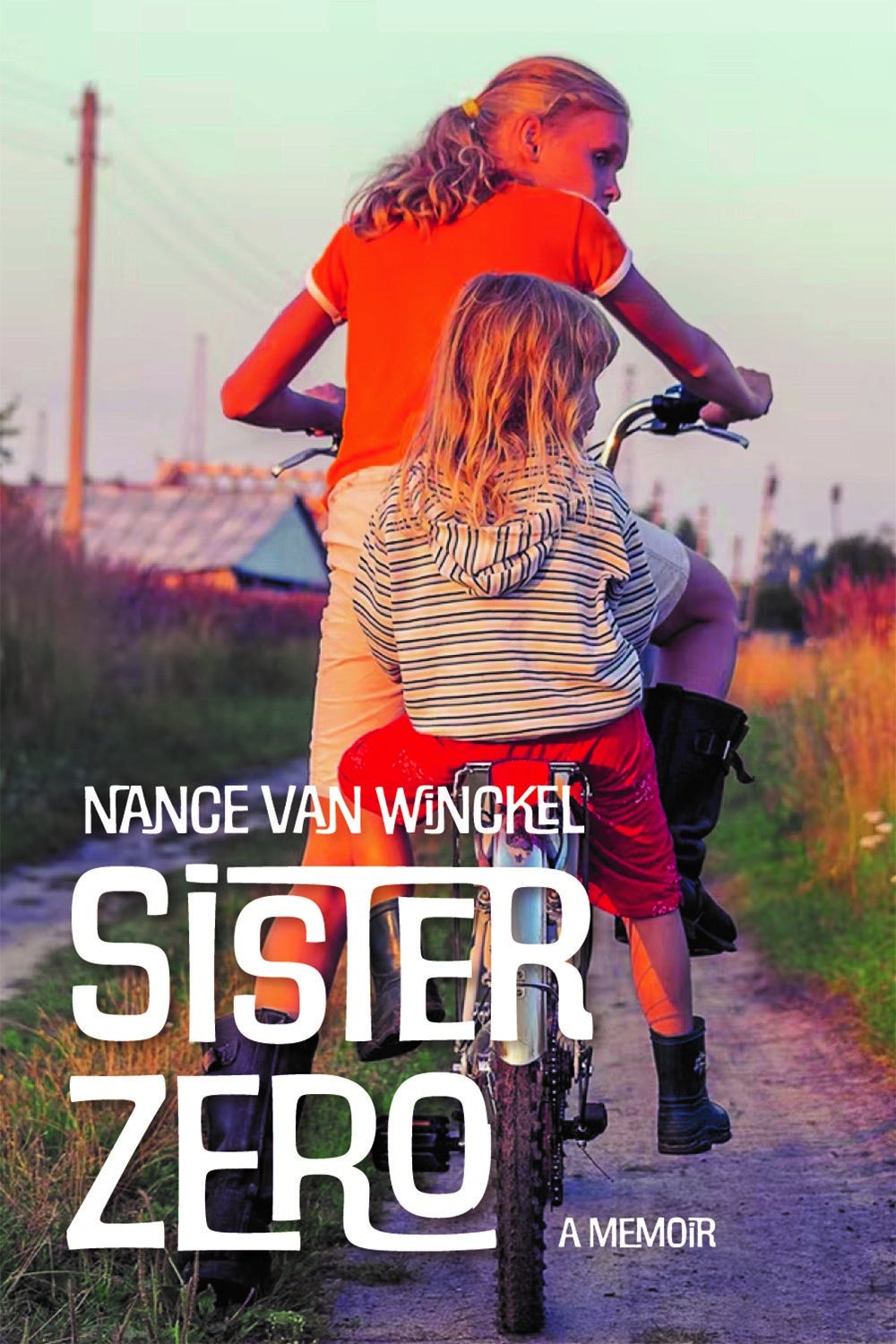WRB—Sept. 24, 2022
The WRB rises later and later as the year draws itself out.
It is the most shattering experience of a young manʼs life when one morning he awakes and quite reasonably says to himself, “I will never be a Managing Editor.” [Listen, we’re bona fide, we’re not from London. —Chris]
To do list:
order a tote bag;
avail yourself of our world-famous classified ads, now stored on this page for non-paying readers to access, either by placing or responding to one;
and,
Links:
Win McCormack “talks” to Machiavelli. [When you own the magazine, the editors can’t say no to this stuff. —Nic]
Joyce Carol Oates reveals her Twitter strategy: “It doesn’t really seem like something that’s engraved in stone. It’s more like I’m just talking, like you talk to your friend on the telephone. I’m always surprised when anybody cares.”
Ross Barkan has a long essay about the Beach Boys on his Substack: “Sixty years after they first walked into a studio, the Beach Boys still exist. They became a band before the Kennedy assassination and they’re still a band today, in the waning months of 2022. They will be one, probably, until most or all of the members die. There is nothing morbid about this, nothing venal. They’ll play as long as people will pay to listen, and the people will pay. No band embodies a nation, but the Beach Boys came close. America, in all its bigness and brilliance and failure, pulsed through them always.”
Amaranth Borsuk on the “New Art of Making Books,” “a manifesto whose polemical tone served as a provocation that still irks some readers today.”
In the Public Domain Review, Iwan Rhys Morus looks at how the future was envisioned during the Gilded Age.
A few interviews: Dennis Cooper in Air Mail; Jonathan Escoffery in the Los Angeles Review of Books; Nada Alic in Bomb; and Jeff VanderMeer in Audubon Magazine.
Nic attended and wrote about Joan Didion’s public memorial in New York, as promised in a previous edition of this newsletter. [I guess I’ll be back there for the White Noise premiere next week. —Nic]
Reviews:
In the Los Angeles Review of Books, a tripartite review of second books of poetry: “The dramatic device deus ex machina (‘God from the machine’) involved lowering onto the stage a deity who would resolve a tragedy’s seemingly insurmountable obstacles and conflicts. All three of these second books of poems resist any such miraculous sidestepping or transcendent resolution of circumstance. Rum-drinking gods toying with humans from the treetops, a psych ward, a threatening fleet of intrusive drones: any of these might serve as vehicles for one-dimensional indifference or anger. Instead, Daniels, Honum, and Van Landingham leave room in their poems for mystery, for both love and death, which ‘differ—if they do,’ as Dickinson concludes, ‘as Syllable from Sound.’”
In the Literary Review, Marc Muholland looks at how Irish society was remade after about eight million people left the country in the mid-nineteenth century.
In Commonweal, Jack Hanson on Gerald Murname’s bizarre career and its abrupt end: “Quitting writing, at least for publication, is a crucial part of the strange story of Murnane’s legendary career. Beginning with Tamarisk Row (1974), which is being reissued with Last Letter, Murnane published a series of novels written in an increasingly distinctive and self-possessed style, including his 1982 masterpiece, The Plains. His life has been as eccentric as his work. He has lived the whole of his eighty-two years in the state of Victoria, rarely leaving the greater Melbourne area until his 2009 move to the small border town of Goroke (population 299), where he occasionally tends bar at the local ‘men’s shed.’ He is obsessed with horse racing and has an encyclopedic knowledge of the subject. He has never been on an airplane or worn sunglasses. Or so he says.”
N.B.:
Rest in peace, Hilary Mantel.
National Review is looking for a news writer.
Nader’s Raiders return?
The new New Criterion has arrived.
Penguin is launching a new imprint, Thesis, which will publish “urgent idea-driven nonfiction,” under the watchful eyes of Bria Sandford and Niki Papadopoulos.
Some worry that AI will automate away college writing assignments. The Managing Editors, however, dream of the day it will automate the authorship of email newsletters.
Next Friday, the Phillips Collection will host a panel on reading literature in translation.
Great Falls Park in Virginia is free today. [Of course, it’s also free every day, if you park on the Maryland side and cross the river near Glen Echo. —Nic]
Upcoming book:
October 3 | Slant Books
Sister Zero: A Memoir
by Nancy Van Winckel
From the publisher: In Sister Zero, a woman who never wanted children suddenly becomes a mother to her nine-year-old nephew after her sister commits suicide at age 34. Fifteen years later, the boy will also kill himself and in almost exactly the same manner.
Narrated through short prose sections and snippets of “advice” from Mister Ed (of the old television show), Sister Zero exhumes the sisters’ shared childhood for missed clues, interrogates memory’s accuracy, and interacts with a mother who’s disappearing into late-stage Alzheimer’s.
As the shock of these deaths ripples out, the book progresses in swift strokes between the tough and tender, often staring stony-eyed at a terrifying moment, then jumping forward or backward in time to a moment of quiet humor.
Each chapter begins with an altered page from the Official Guide to the 1964 World’s Fair: collages Van Winckel made as testaments to that touchstone event in New York when the sisters were children, a time she realized how huge the world was, how vastly different other countries and cultures were from her own. The Fair was all about the future, its bright and happy promises. She and her now-dead sister rode a ride called “tunnel to the future.” The sister was scared; our narrator was not.
[Slant will have an online book launch for this memoir on October 12. —Chris]





